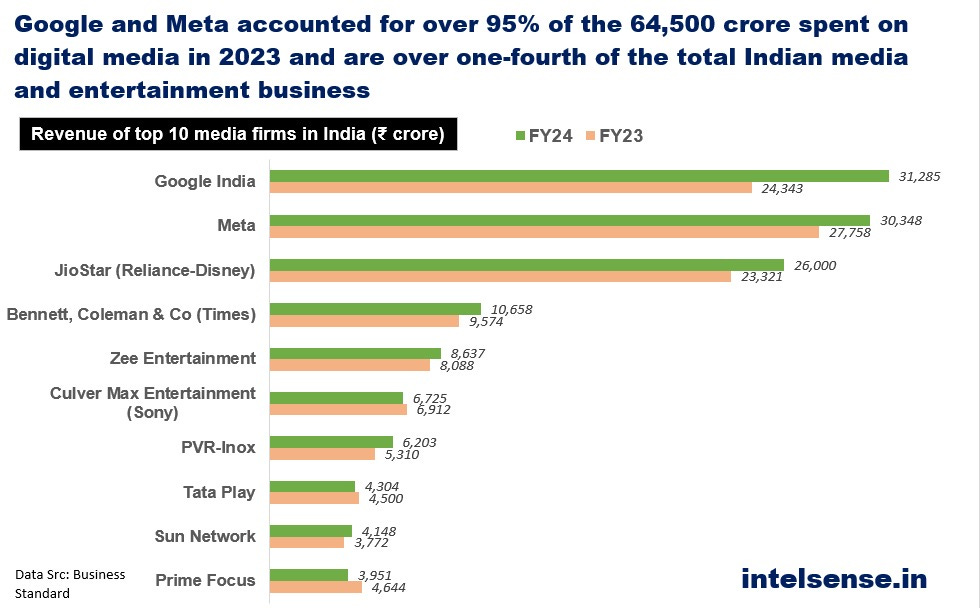NOTIFICATION:
With the new SEBI RA guidelines, we are assessing additional actions to be taken. Till then new subscriptions to our advisory services will remain suspended.
If you are interested in being a subscriber, please mail equity@intelsense.in, and we will notify you when subscriptions are open again.
To invest in our PMS for an investment corpus of 50 lakhs and more, drop us a line at equity@shreerama.co.in
Here is the recording for those who may have missed the investor meetup last month.
1.
The art of peak performance
Peak performance requires intense focus during specific periods rather than constant grinding. Most elite performers identify 3-5 peak hours per day for their most important work, then structure everything else - recovery, reflection, preparation - to maximize those hours. This isn't about working less; it's about understanding that the quality of attention determines output quality. One hour of truly focused work often exceeds eight hours of scattered effort.
Learning happens faster when you can recognize universal principles across different domains. Rather than treating each field as separate, look for underlying patterns - how chess teaches you about managing tension, how martial arts reveal principles of using opponents' energy, how ocean sports demonstrate the futility of trying to control the uncontrollable. This interconnected thinking accelerates learning and leads to deeper insights than staying within the boundaries of a single domain.
2.
Always question the incentives
Corporations spend vast amounts of money and time trying to understand individual and team behaviour, with barely a passing reference to the thing that is inevitably driving most of it – incentives.
One of the central reasons that big groups struggle to make good decisions or large companies become woefully inefficient is because with size comes increasingly divergent and misaligned incentives.
Misplaced incentives can have a profound impact on society. The seeming inability of corporations and governments to favour long-term thinking over the prospect of short-term wins is largely an incentive problem. Neither the CEO focused on the market reaction to their company’s next set of results, nor the politician two years away from re-election have incentives that encourage taking a longer-term perspective.
A key element of behaviour change is shifting incentives. If we observe divergent behaviour then we should immediately check whether the incentives have altered. While if we want to promote new behaviours then incentives are the most effective place to begin.
The first question we should ask when we are considering anything to do with behaviour or decision-making is – how are people incentivised? The answer will explain a lot.
Pic of the Week
Thought of the Week
"People can sometimes be held hostage by their expectations. They have a dream of something they would like to achieve or a path they intend to follow, but their mindset falls apart when things don't work out how they had hoped.
The key is to reach for an extremely high bar, but to be adaptable enough to reframe the failures, disappointments, and defeats into fuel for the next thing. Give your best effort, but no matter how it works out, trust that life will be good for you. Focus on how the world is working with you, not against you.
Everything you are given is material for the next move. Everything."
- James Clear
Video of the Week
DISCLAIMER:
Investments in the securities market are subject to market risks. Read all the related documents carefully before investing.
SEBI Registered Research Analyst - Cupressus Enterprises Pvt Ltd - INH000013828.
Registration granted by SEBI and certification from NISM does not guarantee the intermediary's performance or provide any assurance of returns to investors.




